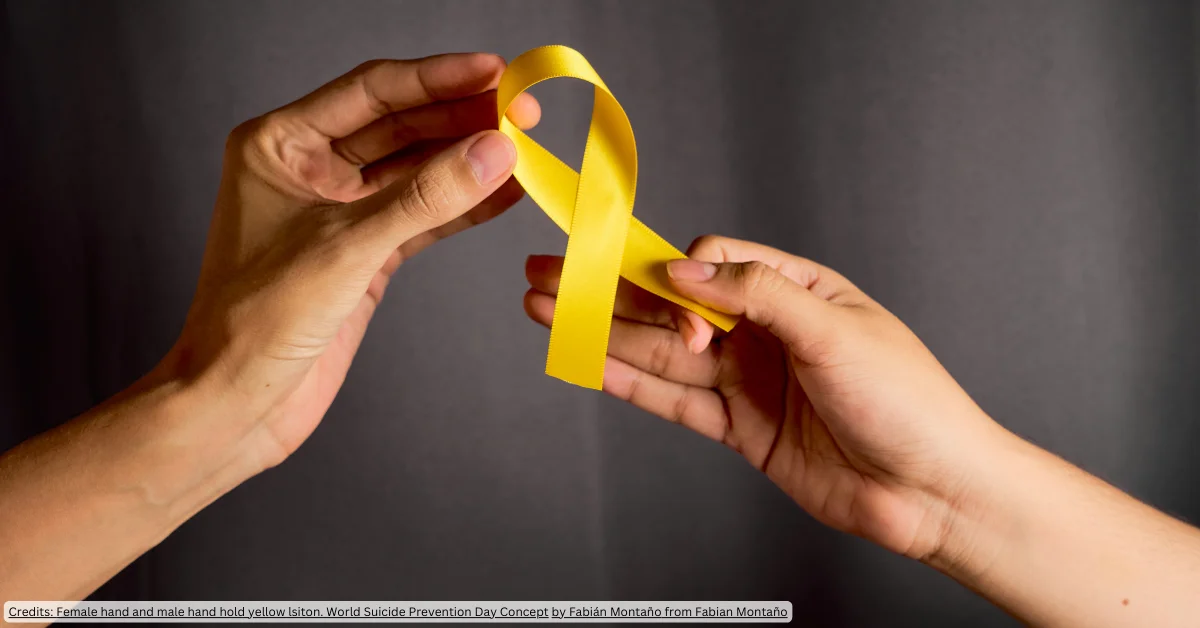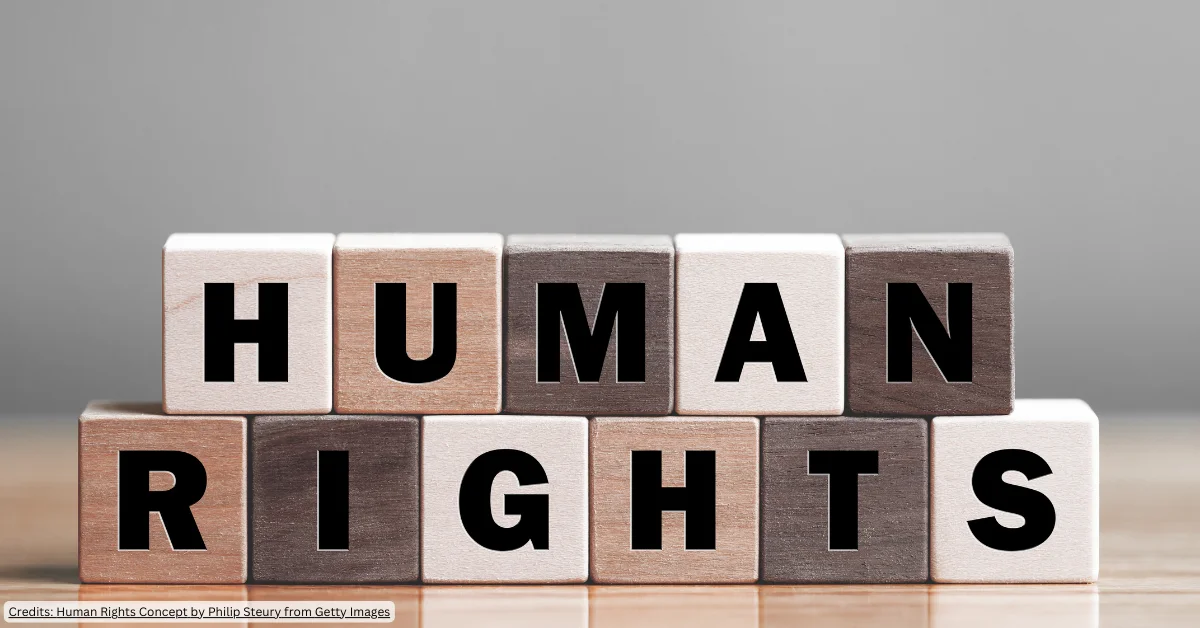Recently, I was fortunate enough to stand alongside the CEO of Painaustralia, Guilia Jones, at a thought-provoking rally, at the front of Parliament House, highlighting the significant impact of chronic pain on working women as part of the organisation’s Walk My Pain campaign.
We garnered support from Senator Helen Polley Dr Mike Freelander MP Dr Nick Coatsworth Senator Anne Ruston David Pocock Larissa Waters Anne Webster MP, and we thank them for their commitment to the women of Australia.
Despite the misperception that only senior members of the community live with chronic pain, over 1.8 million working women across our nation are suffering every day, and we need government intervention and, more importantly, significant investment.
The Pain Foundation supports Painaustralia’s ask of $70 million to ensure those living with chronic pain, and especially women, have access to affordable multidisciplinary pain management, enabling them to recover quality of life.
When we consider that this investment will save the taxpayer $3.7 million for the health system, $65 million in reduced absenteeism, and $203 million in improved wellbeing, it’s a small price to pay.
Our Foundation, based in NSW, is involved in funding research programs and initiatives to advance chronic pain management, and was a founding member of Painaustralia – helping to raise awareness of the plight of chronic pain sufferers.
Once chronic pain begins, whether via an accident, in remission of cancer, or conditions such as arthritis or endometriosis, it is highly likely that without multidisciplinary intervention it will be a constant in the life of sufferers, so it is past time for the Australian government to recognise the epidemic and provide the necessary support.
When we consider our federal budget, $70 million is not a big ask, but will pave the way for significant steps along the road to delivering multidisciplinary pain management, delivering immense savings in emotional, mental and financial pain.
It was challenging to hear from all the speakers at the rally that pain recognition, treatment and management are gendered issues. Women need to be heard, as do all sufferers of chronic pain.
As part of the ask; Painaustralia is seeking 10 allied health visits subsidised per year, as well as 10 psychology appointments per year via doubling of funding for GP Management Plans for chronic conditions.
During the rally, their CEO also called for a change in the system, whereby pain care nurses can deliver a flexible online option for GP Practices, to ensure treatment plans can be actioned, and to ensure GPs and Pharmacy staff receive ongoing training in chronic pain multidisciplinary management.
It was heartening last week to see chronic pain and its impacts on the nation in the spotlight, calling out the fact that Australian women at the peak of their working lives are the most likely to suffer.
The Pain Foundation will continue to support leading organisations such as the Pain Research Management Institute and the Pain Management Research Centre, funding projects and initiatives to discover ways to manage pain for the longer term, to create a better quality of life for those living with the condition.
Liz has an extensive advertising and marketing background with global and national businesses and brands. She has worked across diverse industries including FMCG, retail, primary industries, health, animal health, travel and tourism, and technology. She is an experienced Non-Executive Director – current board roles include Australian Eggs – Specialist Director Marketing and Chair The Pain Foundation as well as the Retail Advisory Panel for Sydney Metro.
Liz is owner, founder and CEO of Red Ark – a creative communications agency working with leading Australian brands as well as a range of not-for-profits for the past 15 years. Red Ark has also been a Telstra Business Award finalist for social responsibility and a consultant to the Australian and NSW Governments.
She has mentored young women for the past 10 years through Layne Beachley’s Aim for the Stars Foundation, Glass Elevator’s Walk the Talk, Marketing Women and Mentor Central. She has also been a board member of The National Foundation for Australian Women and Quest for Life Foundation, which delivers programs and support for mental health and wellbeing.
Liz is a collaborative and outcome-focused director and brings her SME business management experience as well as her expertise in ESG, customer centricity and digital transformation to the table.
- This author does not have any more posts.












